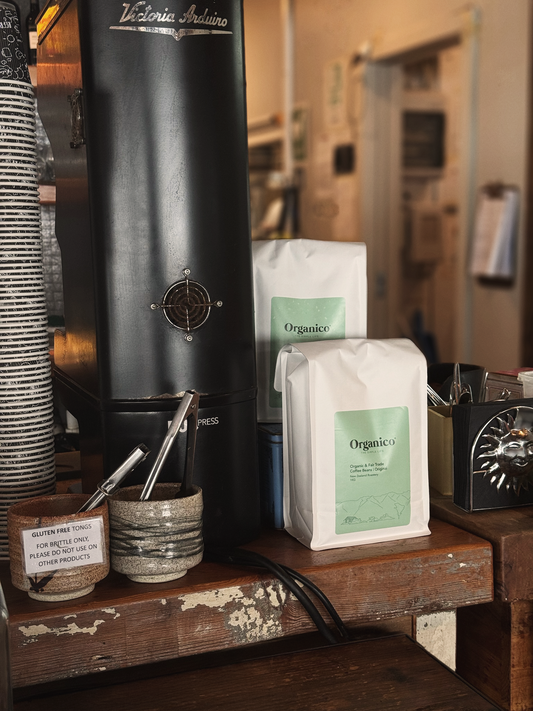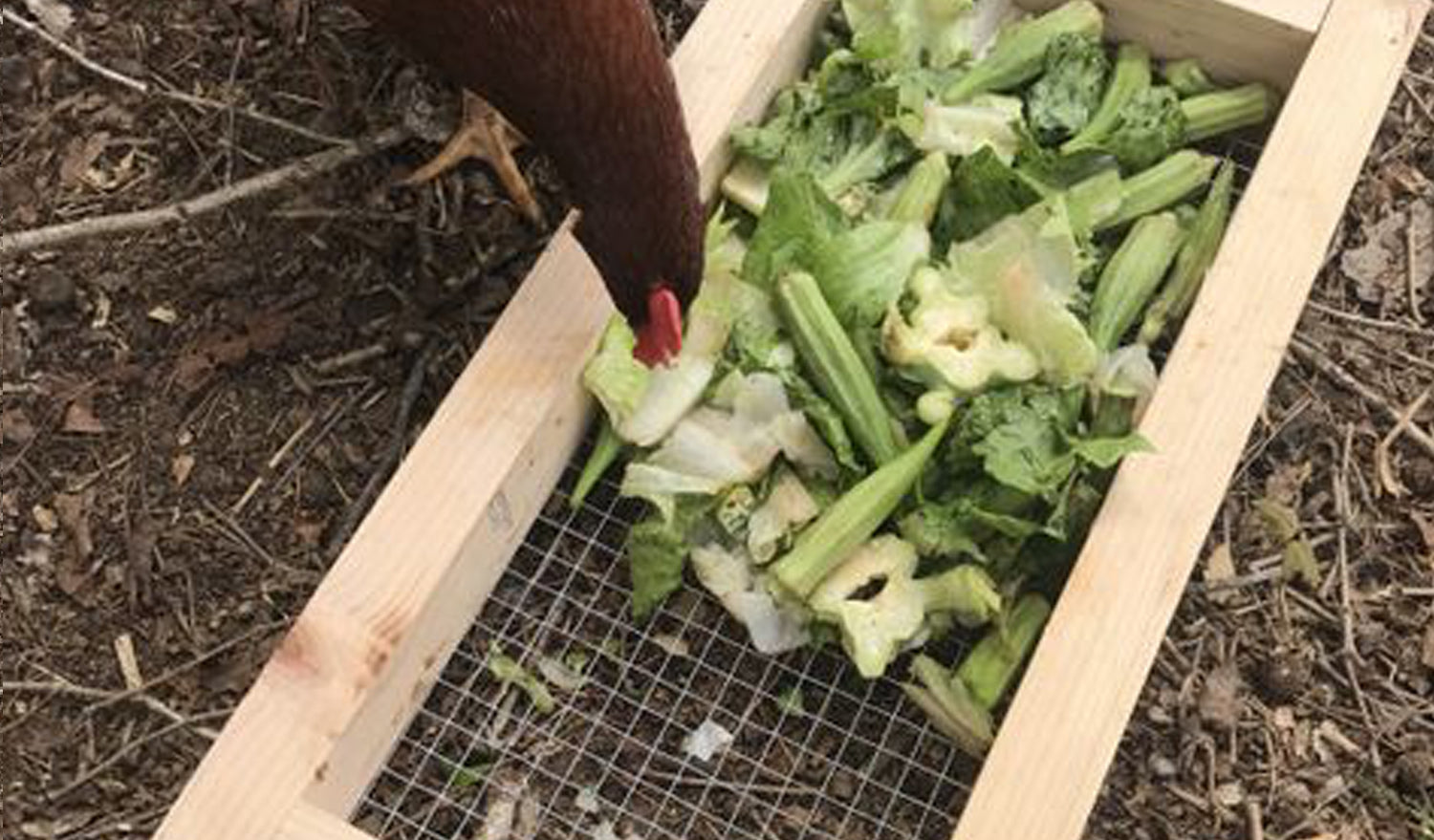
This is an excerpt of Sustainable Home by Christine Liu, who guides us through practical projects, tips and advice for maintaining a more eco-friendly household.
--
Today’s agriculture and food industry is capable of producing enough food for every human being on the planet, producing 17 percent more calories per person compared to thirty years ago despite the growing population. However, the modernisation of our farming industry required to meet these demands continues to have lasting and serious negative effects on our environment.
On a factory farm with 35,000 pigs for example, over 4 million pounds of waste will be generated annually - the management and removal of this waste can cause air, soil and water pollution. The manure may also include growth hormones and heavy metals from animal feed, which can be released into our ecosystems when not properly handled. Heavy machinery contributes to air pollution and due to intensive crop growing processes, industrial farms also heavily contribute to soil erosion. The widespread use of pesticides has caused a massive global decline in bee and other pollinator populations, threatening the future of many fruit and vegetable crops that are dependent on pollinators.
Farms must generate their products quickly and efficiently - much like other consumer industries, which have an increasingly shorter ‘time-to-market’ cycles - often sacrificing quality for quantity. Studies show that today’s food is missing 10-25 percent of its vitamins and minerals compared to historic, lower-yield equivalents. We all need these nutrients for our bodies to function properly and be healthy, yet our modern day food industry is providing less nutrient-dense, processed foods that in turn for us to eat more in order to meet our nutritional needs.
In the past fifty years, only a certain number of farms were able to meet the demands of the world’s industrial food supply. Fewer farms resulted in a much more vast and complex distribution footprint - a typical carrot travels 1,838 miles to reach the dinner table, and about 11 perfect of food’s manufacturing emissions come from transportation.

With all of this in mind, there is no denying that our relationship and consumption of food needs to change. Large supermarkets, suppliers and our government need to step up. In the meantime, we can vote with our wallets and look for more sustainable, nutritious food options, and be kinder to the planet as well as our bodies.
The food news is that sustainable food production does exist today - it is often found at a regional level and has much less intensive production practices compares to industrial food production. Local farms produce lower quantities of food that are sufficient to meet the demand of immediate communities, and so are able to focus on growing higher quality, healthier foods. Sustainable farmers also take additional care to seek growing practices that are natural and suitable for their farmland. They are able to use less or no pesticides and chemicals, and avoid common industrial farming practices that degrade the surrounding environment and food’s nutritional value.
Choosing organic will ensure that your produce has been grown with reduced greenhouse gas emissions, and only a few natural pesticides, protecting pollinators and benefitting wildlife. Research has shown that organic crops are significantly more nutritious than non-organic, containing more antioxidants.
To find these regional farms, opt to shop at your local farmers market or find a food programme that connects you more closely to your farmer. These local food sources offer fresher options compared to conventional supermarkets, as produce and food is harvested from only a short distance away - and even better, it will taste better! Farmers’ markets are typically organised by a public municipality and are held in a public space on a weekly basis. If you’re lucky, the farmers’ market will last year round, offering a changing variety of seasonal produce. An added bonus is that the vegetables are less likely to be packaged in plastic. Local food services are also emerging, with local farms distributing food boxes to community hubs for pick up on a weekly basis, or offering delivery services right to your front door.

(By Christine Liu, Sustainable Home (Buy Here))


